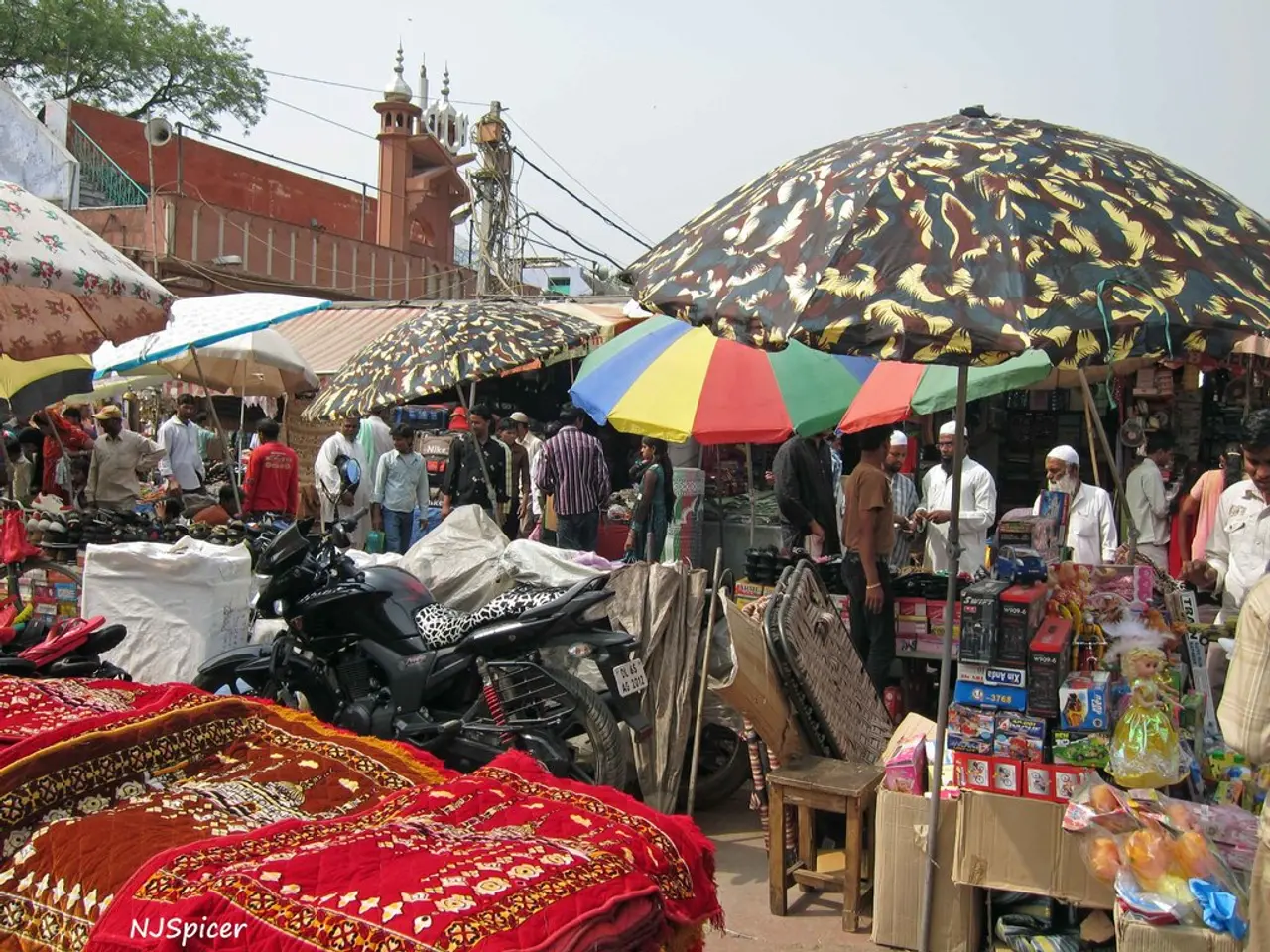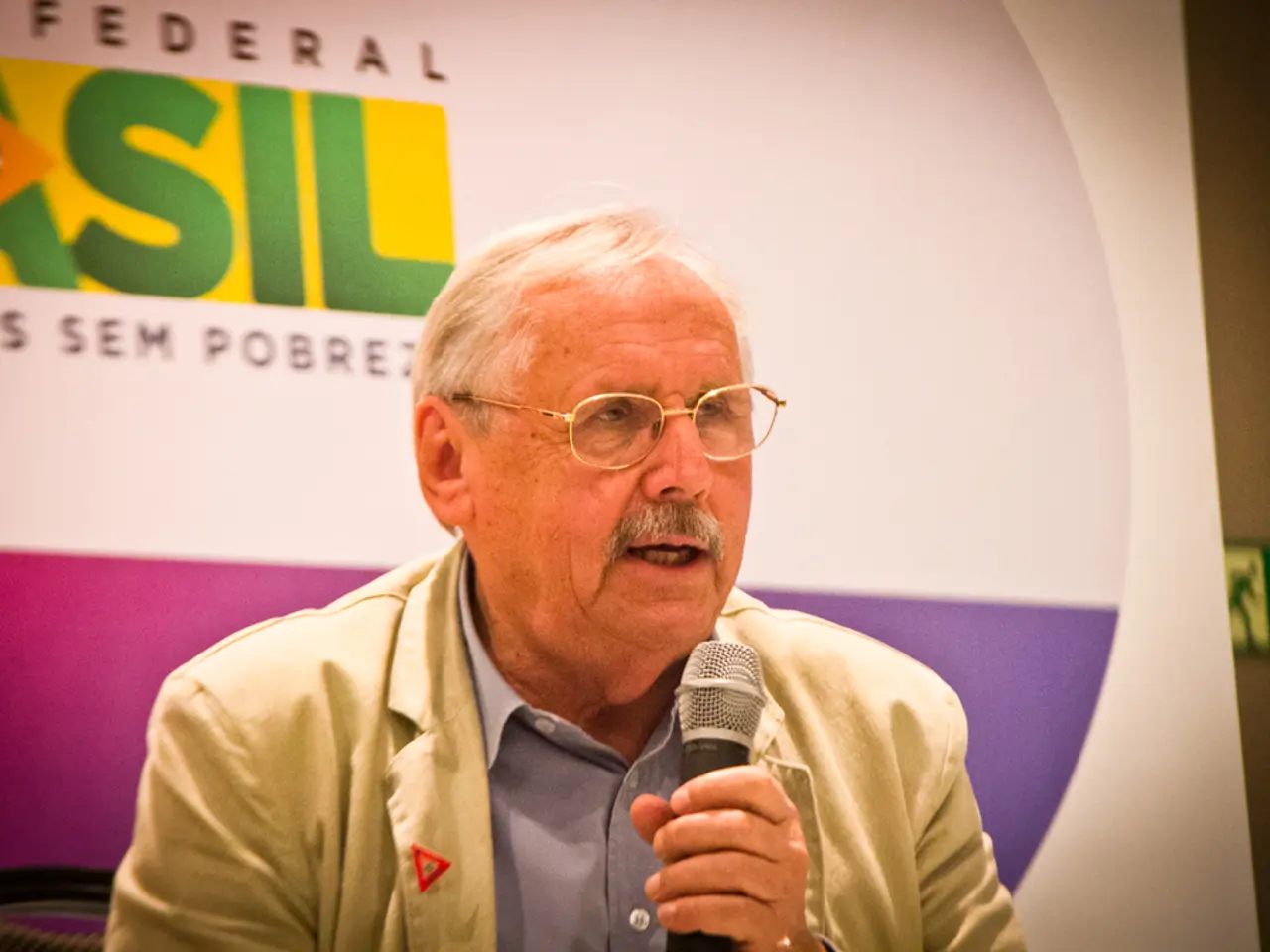Executions in Saudi Arabia have nearly doubled compared to the preceding year
Saudi Arabia has witnessed a significant increase in death sentences and executions in 2025, with over 240 executions already carried out by early August. This surge, more than double the number from the same period in 2024, is on track to surpass the record 338 executions in 2024, the highest in three decades.
Key aspects of this surge include:
- Reasons for the increase: The majority of executions—over 160 so far—are for drug-related offenses, including smuggling hashish and cocaine, many of which are nonlethal offenses by international standards. There is an escalation in executions for political charges and peaceful dissent, exemplified by the execution of journalist Turki al-Jasser for exposing corruption. The Saudi government's ongoing "war on drugs," launched in 2023, is a major driver of these drug-related death sentences.
- Disproportionate impact on foreign nationals: Foreigners account for about half or more of those executed in 2025—with at least 136 foreigners executed, including large groups of Somali and Egyptian nationals. Foreign defendants often face language barriers, lack of legal or consular support, and allegations of torture and unfair trials.
- Legal and systemic issues: Executions are frequently connected to systemic due process violations and lack of fair trials, with a majority of executed individuals unlikely to have received impartial judicial proceedings. Saudi legal principles such as tazir allow judges wide discretion in sentencing, contributing to high execution rates for drug offenses despite international human rights standards opposing the death penalty for such crimes.
- International response and criticism: Human rights organizations like Human Rights Watch, Amnesty International, Reprieve, and the European Saudi Organization for Human Rights (ESOHR) have condemned the surge as a campaign of repression and state violence masked by Saudi Arabia's international image reforms. There is widespread concern over the use of the death penalty to silence dissent and the executions of vulnerable groups including foreigners and child defendants. The international community’s response has been limited, with many focusing on Saudi Arabia’s global investments and diplomatic events, rather than addressing human rights abuses and the death penalty escalation.
In summary, 2025 is witnessing an unprecedented spike in death sentences and executions in Saudi Arabia, driven mainly by harsh drug law enforcement, political repression, and systemic judicial flaws, with the majority of victims being foreign nationals. International human rights groups strongly criticize this trend, calling for accountability and reforms. Despite its poor human rights record, Saudi Arabia maintains significant economic ties with Germany, being its second most important trading partner in the Arab world. The ongoing executions and death sentences in Saudi Arabia continue to rise, with no signs of decreasing.
In 2025, Saudi Arabia's escalating death penalty cases contribute to a surge in executions, particularly for drug-related offenses and political charges, such as the controversial execution of journalist Turki al-Jasser. This alarming trend has drawn criticism from international human rights organizations like Amnesty International, Reprieve, and the European Saudi Organization for Human Rights (ESOHR), who are concerned about the use of the death penalty to silence dissent and its disproportionate impact on foreign nationals, including large groups of Somali and Egyptian nationals.







